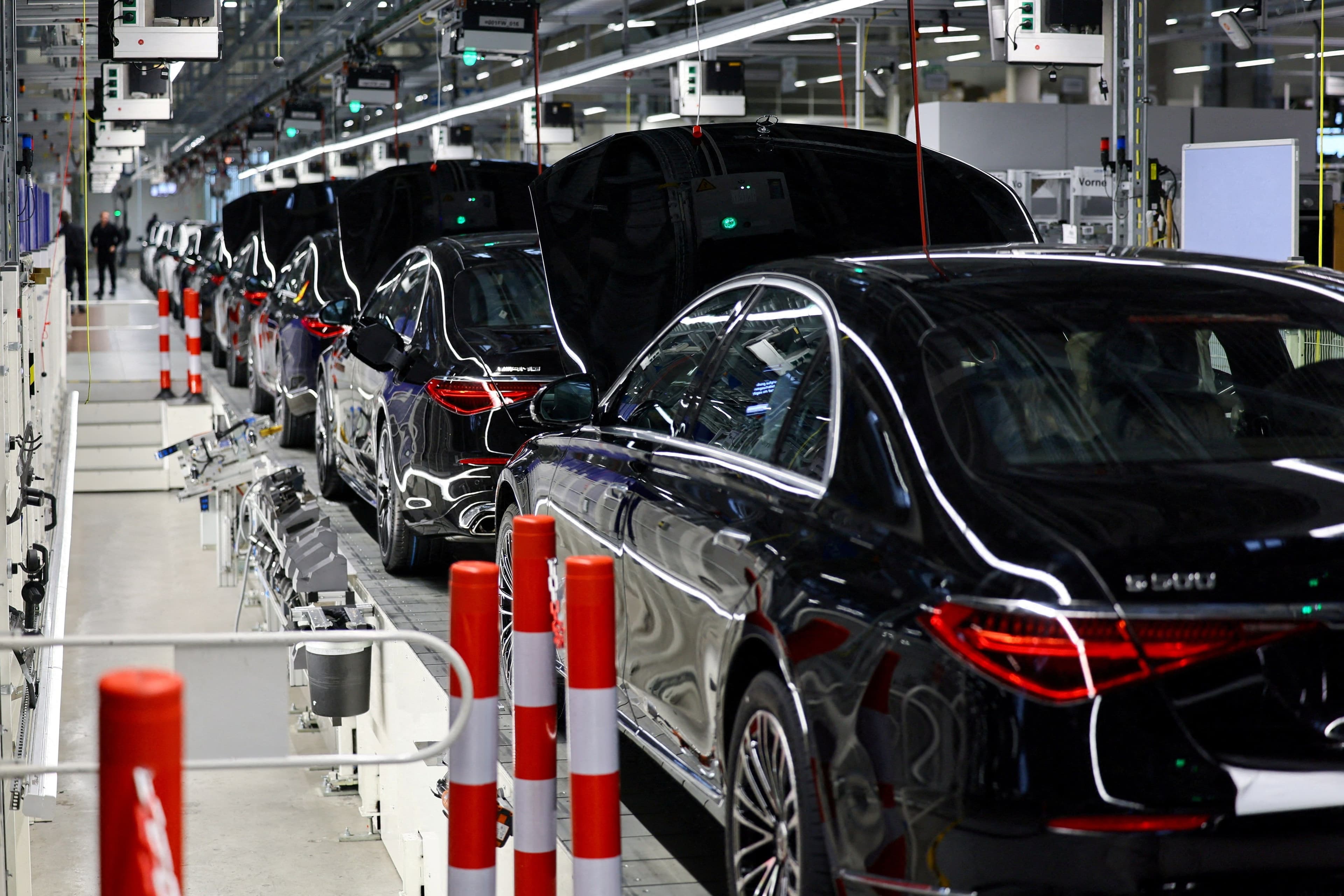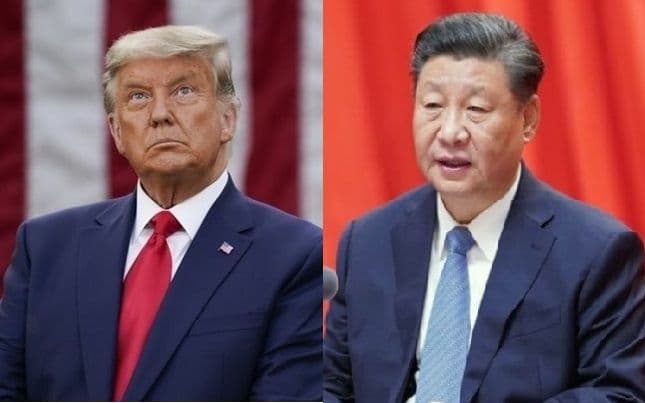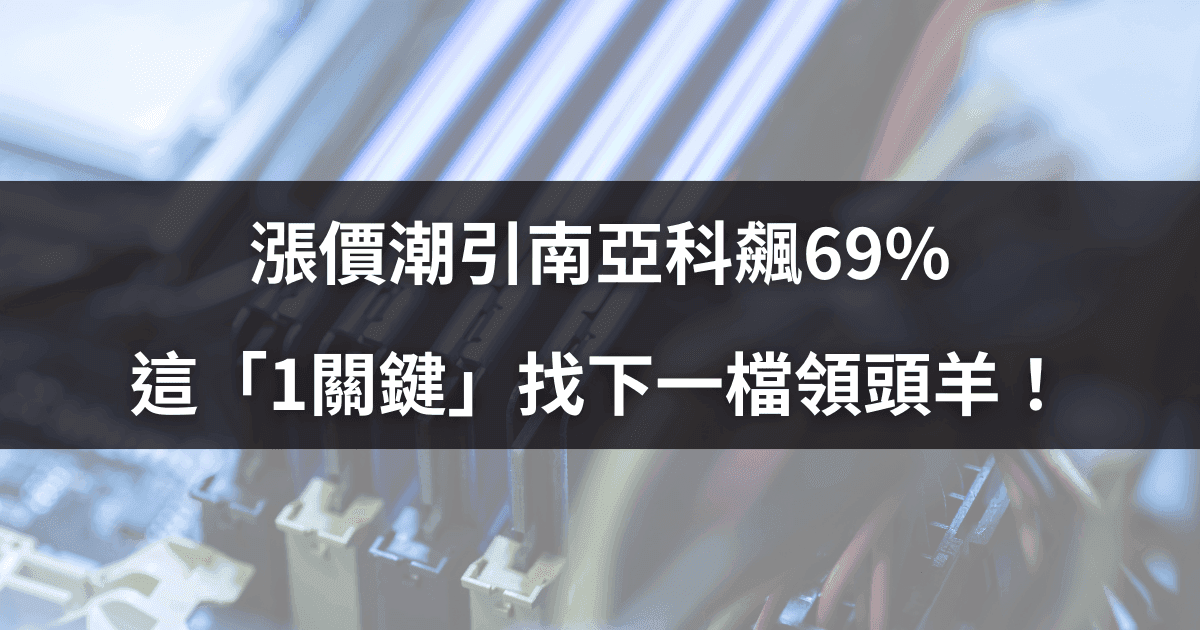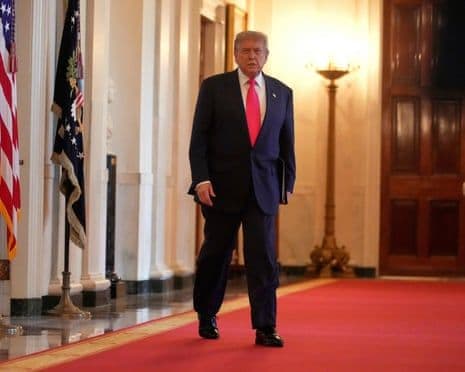The Unsung Heroes Under Siege: How Geopolitics Puts Basic Chips – and Global Industry – on Edge
Nexperia's basic chip crisis reveals global supply chain fragility. Geopolitical moves, force majeure, and auto industry panic underscore the urgent need for strategic resilience.
The Foundational Fault Line: Nexperia's Critical Role in Global Electronics
In an increasingly interconnected world, even the smallest components can cast the longest shadows. Take , a Dutch-headquartered, Chinese-owned semiconductor manufacturer, which, despite its relatively modest profile in the grand scheme of the automotive semiconductor market, holds an outsized influence over how cars and trucks are built. This seemingly niche player is, in fact, a market leader in fundamental semiconductors, boasting an impressive 40% share in the category of basic transistors and diodes. These aren't the glamorous, cutting-edge chips that power AI or advanced computing; rather, they are the unsung workhorses found in everything from a car's lighting system to its sophisticated electronic control units (ECUs). As one industry expert rightly points out, when crafting complex products, a shortage of even a single basic component can bring the entire production line to a grinding halt. This inherent vulnerability, rooted in reliance on foundational parts, creates a critical fault line in global supply chains, now exposed by geopolitical currents.
Geopolitical Gambit: The Dutch Takeover and 'Force Majeure' Declaration
The stability of 's critical supply role was abruptly shattered by a dramatic geopolitical intervention. In September, the , citing economic security risks, moved to seize control of the company from its Chinese parent. This bold maneuver, effectively nationalizing a key industrial player, sent shockwaves through the global electronics sector. The implications quickly materialized: , facing what it termed 'abnormal circumstances,' declared 'force majeure' last week, notifying customers of an immediate halt to component shipments. This contractual declaration, typically invoked in unforeseen and unavoidable situations, effectively absolved the company of its delivery obligations, a direct consequence of the escalating tensions. Further underscoring the shift in control, a subsequently ordered the replacement of 's Chinese CEO, solidifying the government's grip and setting the stage for widespread industry panic.

Automotive On Edge: Tracing the Ripple Effects Through Major Manufacturers
The immediate fallout from 's 'force majeure' declaration has left the global automotive industry teetering on the brink of another severe semiconductor shortage. Major manufacturers like , , and , all heavily reliant on 's basic transistors and diodes for essential vehicle systems, are now frantically assessing their exposure. The panic is palpable, with automakers and their parts suppliers scrambling to identify alternative sources, a task made challenging by the specific nature of 's market dominance. acknowledged the 'complexity and high volatility' of the situation, though they claimed to have secured short-term supplies. However, the wider industry faces dire prospects, with already planning a temporary halt to Golf production at its German plant. is also reportedly investigating its supply chain, highlighting the broad-reaching anxiety. Furthermore, 's swift retaliation, threatening export restrictions on its own domestically produced semiconductors, amplifies the risk, effectively weaponizing supply chains in this escalating trade conflict.
Beyond Supply Shocks: Unpacking the Strategic Implications for Global Trade
The saga transcends a mere supply chain disruption; it represents a profound strategic pivot in global trade, signaling a new era where economic security often trumps market efficiency. The 's takeover, driven by national security concerns, and 's subsequent threat of export controls on its semiconductors, illustrate a tit-for-tat dynamic that is becoming increasingly common. This incident forces industries and governments alike to confront the reality of a world where critical components are no longer purely economic commodities but instruments of geopolitical power. The 'complexity and high volatility' articulated by perfectly encapsulates the new operating environment: reliable forecasts are difficult, long-term planning is fraught with uncertainty, and the once-seamless global supply chain is fragmenting under the pressure of strategic competition. This scenario demands a fundamental rethinking of how nations and corporations manage their dependencies and vulnerabilities in a rapidly de-globalizing landscape.
Forging Resilience: Lessons from Nexperia for a Fragmented Supply Chain Future
The crisis serves as a stark, invaluable lesson for industries navigating an increasingly fragmented global economy. The immediate scramble by automakers to find alternative suppliers underscores the critical need for diversified sourcing and greater visibility into lower-tier supply chains. The old paradigm of 'just-in-time' efficiency, while cost-effective in stable times, proves dangerously fragile when geopolitical winds shift. Moving forward, industries must prioritize 'just-in-case' resilience, which may involve regionalizing production, cultivating multiple supplier relationships, and even strategic stockpiling of critical, basic components. 's efforts to secure short-term supply by collaborating with partners offer a glimpse into proactive measures. The incident vividly demonstrates that a single, foundational component, if compromised by geopolitical forces, can paralyze entire industries. Building a more robust, adaptable, and strategically resilient supply chain is no longer an option but an urgent imperative for survival in this new geopolitical reality.
Related Articles

The Geoeconomic Chessboard: Tariffs, Rare Earths, and Strategic Vulnerabilities

The Geoeconomic Chessboard: Tariffs, Rare Earths, and Strategic Vulnerabilities

From Inventory Glut to Innovation Surge: Nanya Tech's Pivotal Role in the Memory Market Renaissance

From Inventory Glut to Innovation Surge: Nanya Tech's Pivotal Role in the Memory Market Renaissance

The Unseen Architect: How Nitto Boseki's Specialized Glass Weaves AI's Future

The Unseen Architect: How Nitto Boseki's Specialized Glass Weaves AI's Future

The Reciprocal Ripple: Unraveling Trump's Trade Gambit on the Global Stage
